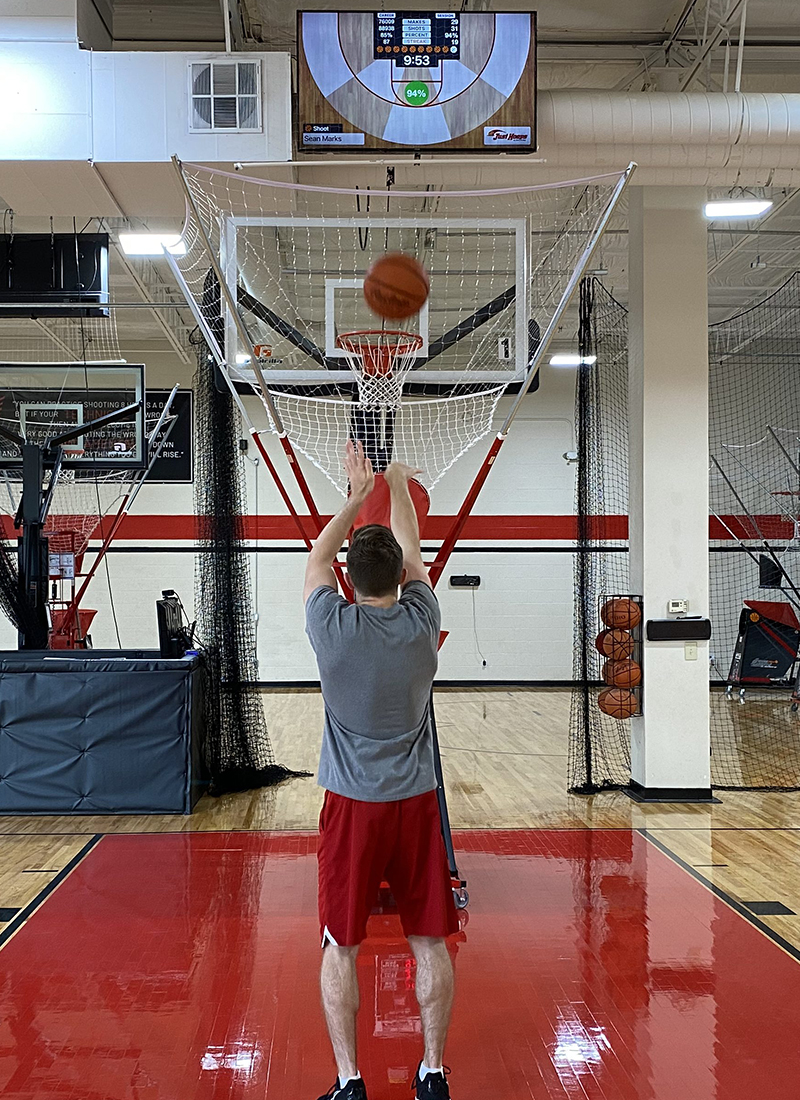Coaches have one of the most powerful platforms in young people’s lives. For many athletes a coach will serve as a mentor, teacher, friend and counselor. The coaching profession gives individuals endless opportunities to influence, empower and inspire others. One coach can impact more young people in a year than most people are afforded in a lifetime. Every coach must remind themselves that with “great power comes great responsibility.” You give your players memories, for better or for worse, that stay with them until the day they die.

Why do you take the responsibility that comes with being called coach? Every individual has his/her own reasons and motivations for joining the coaching profession. Your inspirations for coaching will ultimately define your coaching philosophy and how you communicate with your players. I strongly encourage that you ask yourself the following questions to delve deep into your own coaching narrative:
- Why do I coach?
- Why do I coach the way I do?
- What does it feel like to be coached by me?
- How do I define and measure success?
There are many young people playing sports who feel diminished and discouraged by the very activities that should strengthen, encourage and vindicate them. It is imperative that we understand there are two types of coaches that exist: transactional and transformational.
Transactional
Transactional coaches use players as tools to meet their personal needs for validation, status and identity. They look for what they can get out of coaching and not what they can give. Transactional coaches often ignore the athletes’ developmental needs and often manipulate and distort the values of winning and losing. Many athletes obey these coaches out of necessity but never fully accept their belief systems or buy into their programs. Athletes develop a strategy to participate in the transactions. They activate the process of trying to satisfy their coach by exchanging their performance for their praise and acceptance.

Transformational
In comparison, transformational coaches impart life-changing messages; are other-centered; and use their platform to nurture and transform players. A transformational coach realizes the power of the coaching platform to inspire, motivate and produce positive change in his/her players. The only way to coach young people is to seek to transform their sense of their own worth, talents and value. Athletes follow these coaches because they sense their authenticity and both parties believe in one another.
To better understand our coaching tactics, we must look internally into our own narrative and reflect on both our glorious and our hurtful experiences with sports and coaches. Backtracking and tracing the unfulfilled needs we felt as athletes will help us in determining how those unmet needs can drive us as coaches. Self-understanding leads to understanding others, which can lead to life-changing transformation. Great coaching demands introspection, integrity, and integration of the coach’s life history. This can be a grueling and challenging process to better ourselves as individuals but one that will allow us to understand our obligation is to coach for our players and not for ourselves.



